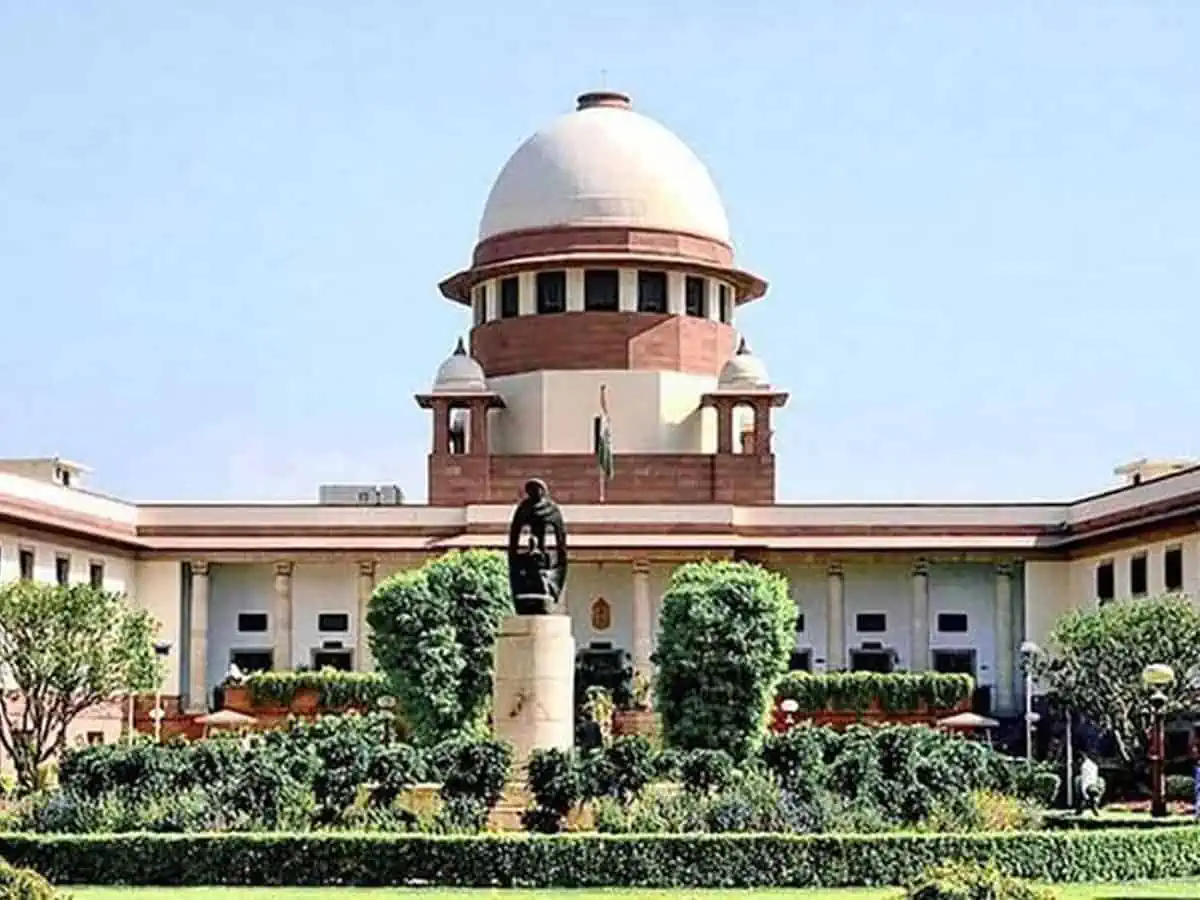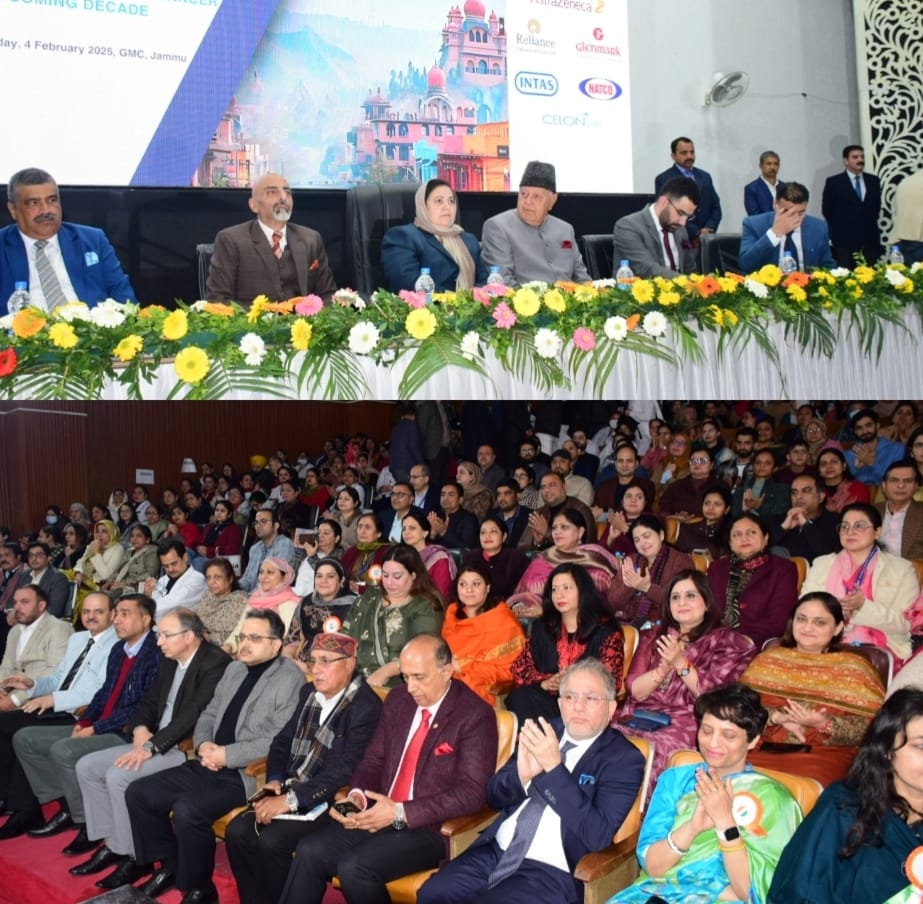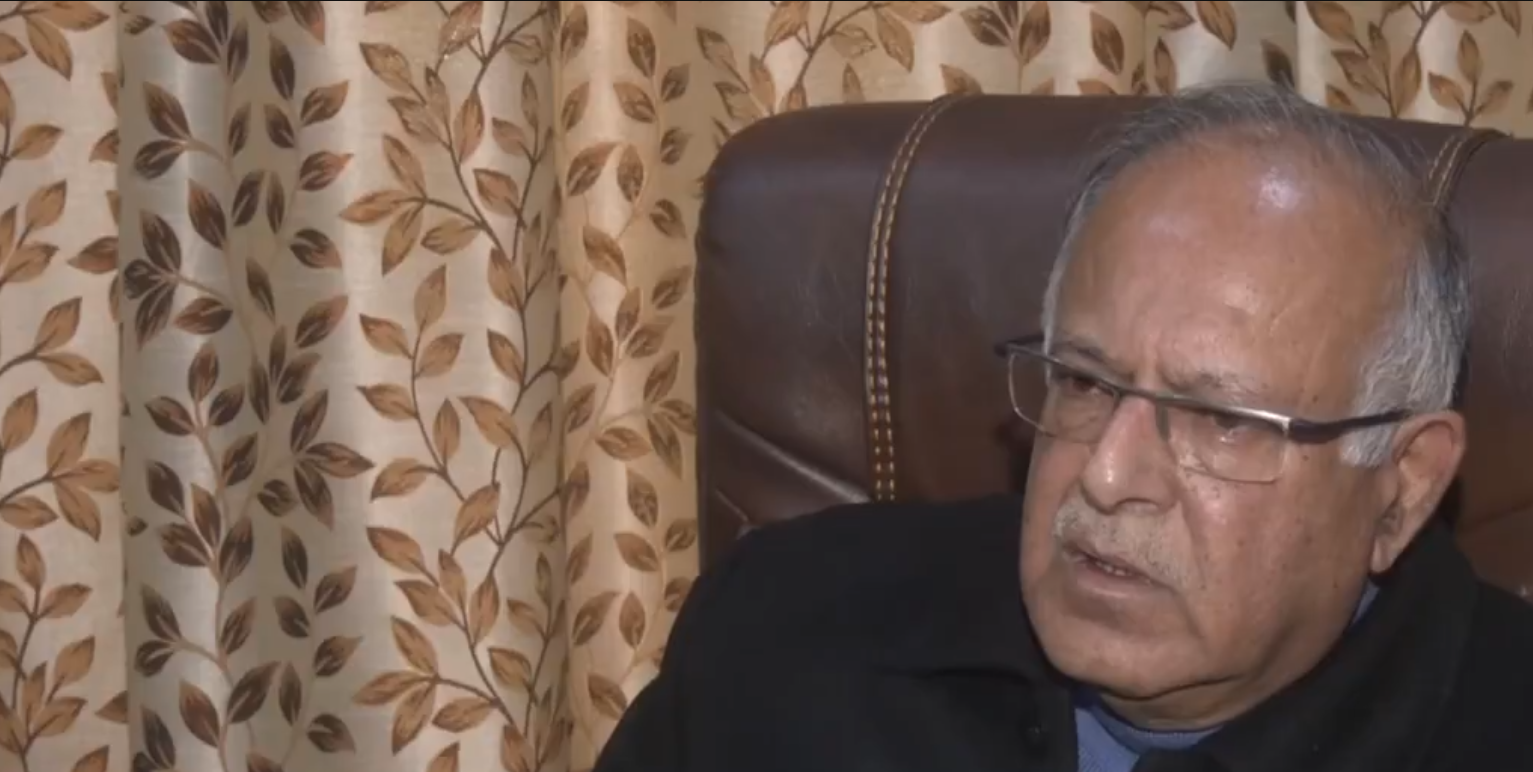New Delhi: Observing it couldn’t be a court of “first instance”, the Supreme Court on Tuesday refused to hear pleas against the amendments in UAPA provisions empowering the state to designate individuals as terrorists and seize properties.
A bench comprising Chief Justice Sanjiv Khanna and Justices Sanjay Kumar and K V Viswanathan asked the Delhi High Court to hear the matter.
“We cannot be the court of first instance… A lot of problems arise, sometimes issues are left by your side (petitioner), sometimes by their side (Union), then we have to refer to a larger bench. Let it be first decided by the high court,” it said.
The top court on September 6, 2019 issued notice to the Centre on the pleas challenging the constitutional validity of the 2019 Amendment to the Unlawful Activities (Prevention) Act (UAPA).
The bench said other high courts could also examine fresh petitions against the UAPA amendments.
The court was hearing the pleas filed by Sajal Awasthi, Association for Protection Of Civil Rights (APCR) and Amitabha Pande.
The CJI said complex legal issues often arose in such cases, and it would be appropriate for high courts to examine it first. Senior advocate C U Singh, appearing for one of the petitioners, had urged the top court to hear the matter saying it issued notices five years ago.
The senior lawyer said instead of disposing of the petitions, the matter could be transferred to the Delhi High Court as there were logistical difficulties for the petitioners, many of whom, he said, were retired bureaucrats.
“In our case, we are all retired eminent bureaucrats. We filed before the Supreme Court, and we would find it inconvenient to get representation before multiple high courts,” said Singh.
Allowing the submission, the CJI said the pleas would be listed before the Delhi High Court.
Awasthi, in his plea, said the amended provisions were violative of citizens’ fundamental rights such as right to equality, freedom of speech and expression besides right to life and liberty.
The UAPA, 2019, empowers the government, under the garb of curbing terrorism, to impose an indirect restriction on the right to dissent which is detrimental to developing democratic society, the plea said.
The bill for amendments to the UAPA was passed by Parliament on August 2, 2019 and it received the President’s assent on August 9, the same year.
The amended law also provides for putting a travel ban on such individuals once declared as terrorists.
APCR, in its separate PIL filed through advocate Fauzia Shakil, said the amendments infringed upon the fundamental right to reputation and dignity under Article 21 of the Constitution, without substantive and procedural due process.
“Notifying an individual as a terrorist without giving him an opportunity of being heard violates the individual’s right to reputation and dignity, which is a facet of right to life and personal liberty under Article 21 of the Constitution,” the plea said.
Condemning a person unheard on the mere belief of the government was unreasonable, unjust, unfair, excessive, disproportionate and violated the due process, it added.
“A person who is designated a terrorist, even if he is de-notified subsequently, faces a lifelong stigma and this tarnishes his reputation for life,” read the NGO’s plea.
Section 35 of the amended Act, said the plea, did not mention when a person could be designated as terrorist. It argued that designating a person as a terrorist on a mere belief of the government was arbitrary and excessive.
“A person is never informed of the grounds of his notification, so the remedy of challenging his notification under Section 36, as provided for in the Act, is rendered practically otiose,” it said.
The petition therefore sought Sections 35 and 36 of the UAPA to be declared as unconstitutional.




















